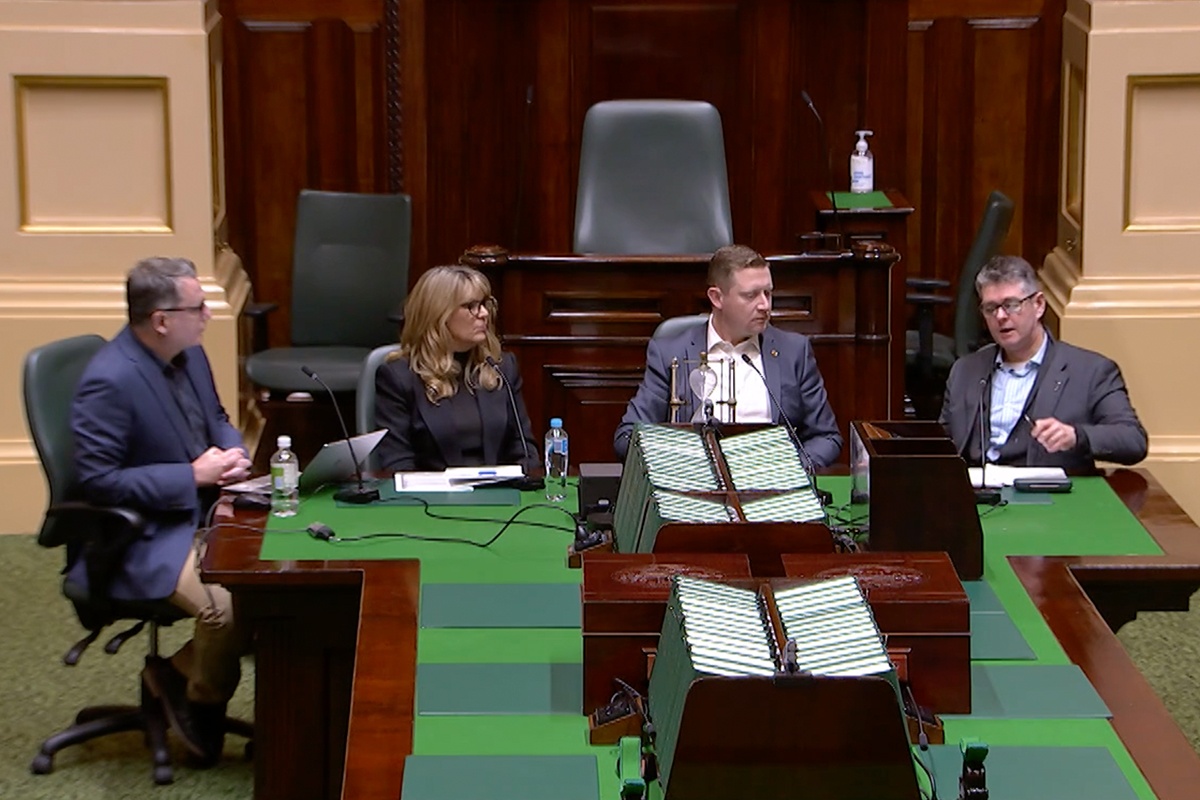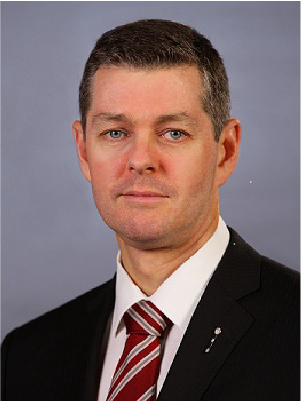Parliament and the courts: Reforming the law

Join our panel of experts as they explore the process of law reform from the perspectives of parliament and the courts.
The four videos in this series feature extracts from a panel conversation on 21 July 2022, hosted by the Parliament of Victoria and Victoria Law Foundation.
- Processes for reforming the law
- Interpreting and applying the law
- Law reform case study: Voluntary assisted dying
- Influences on law reform
Participants included Justice Michelle Quigley QC from the Supreme Court and President of the Victorian Civil and Administrative Tribunal, Brad Rowswell MP, Member for Sandringham, and Andrew Young, then Clerk of the Legislative Council and Clerk of Parliaments.

Panellists consider the various processes available to parliament for reforming laws, and to the courts, for interpreting and applying laws. They offer their unique perspectives and personal reflections on a range of topics, including:
- the passage of a law, including the amendment process of consideration in detail/committee of the whole
- the committee process
- the interpretation of laws available to the courts, such as Second reading debates and the explanatory memoranda
- the feedback mechanisms available to the courts
- societal expectations and the responsiveness of parliament
- the influence of outside organisations, such as media and lobbyists, on law reform
These videos are not intended to serve as a definitive resource for the topics covered, however, they do offer useful insights into the perspectives of the experts who took part in this conversation.


